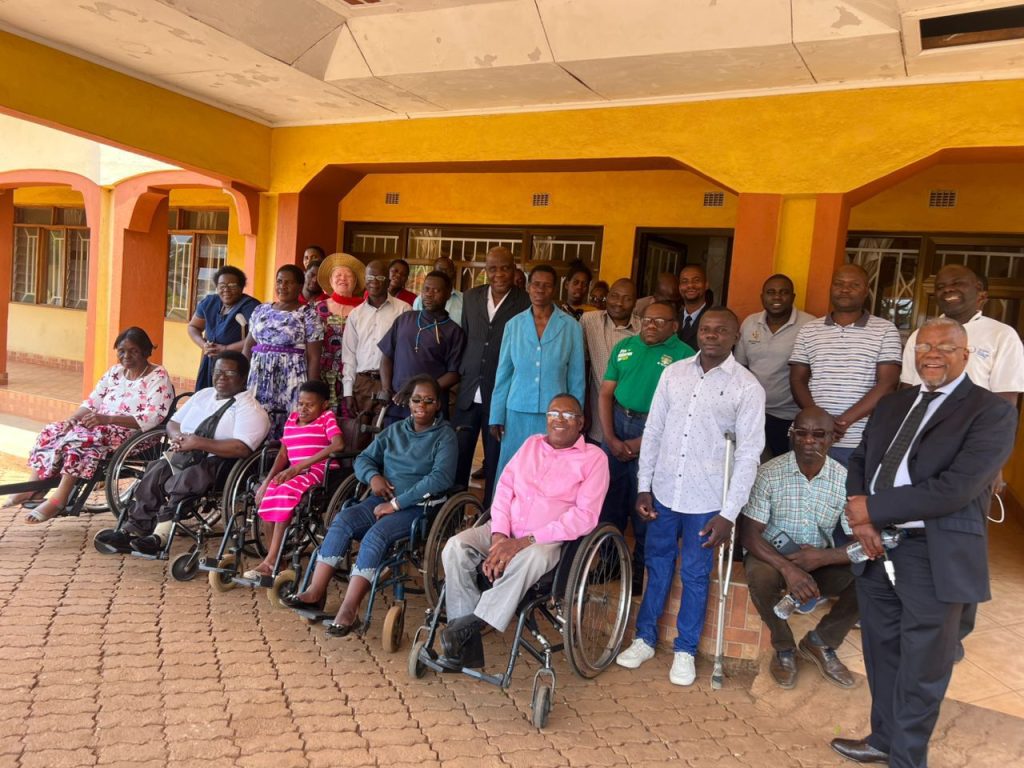
By Kassim Kajosolo
The Association of Physically Disabled in Malawi (APDM) has ushered in new executive members and adopted a new constitution during a landmark meeting held in Lilongwe on Friday.
The event marked a major milestone in the organisation’s history, with members describing it as a step towards enhanced transparency, accountability, and unity within the association.
Magistrate Rodrick Michongwe, who facilitated the constitution adoption process, said the new document will serve as a guiding framework for APDM’s operations and decision-making.
“This constitution is a critical tool that will help the association strengthen its governance structures and operate more efficiently in representing the interests of persons with disabilities,” said Michongwe.
APDM Board Chairperson, Peter Chitosi, applauded the government for its continued efforts to promote accessibility for persons with disabilities but appealed for more progress in ensuring that all public and private buildings are disability-friendly.
“We appreciate the strides made so far, but there is still more work to be done to make Malawi an inclusive society. Accessibility should not be an afterthought, it is a right,” Chitosi emphasised.
Meanwhile, APDM Executive Director, Charles Khaula, thanked members for their active participation in the elections and reaffirmed the association’s commitment to advancing the rights and welfare of persons with disabilities across the country.
“Our unity and collective voice remain our strongest tools in ensuring that no one is left behind,” Khaula said.
The newly elected Executive Council is composed of Henderson Golombe as Chairperson, Charles Banda as vice chairperson, Secretary position went to Juvita sindani with James chidzanja as Treasurer.
The meeting also elected Rita Ngirazie, Lomosi Chinyumba, Fatima Storo, Holmes Burton, and John Simwambi as commitee members.
The new leadership is expected to spearhead initiatives that promote inclusion, accessibility, and empowerment for persons with disabilities in Malawi.
The elective meeting was made possible with funding from Disability Rights Fund



